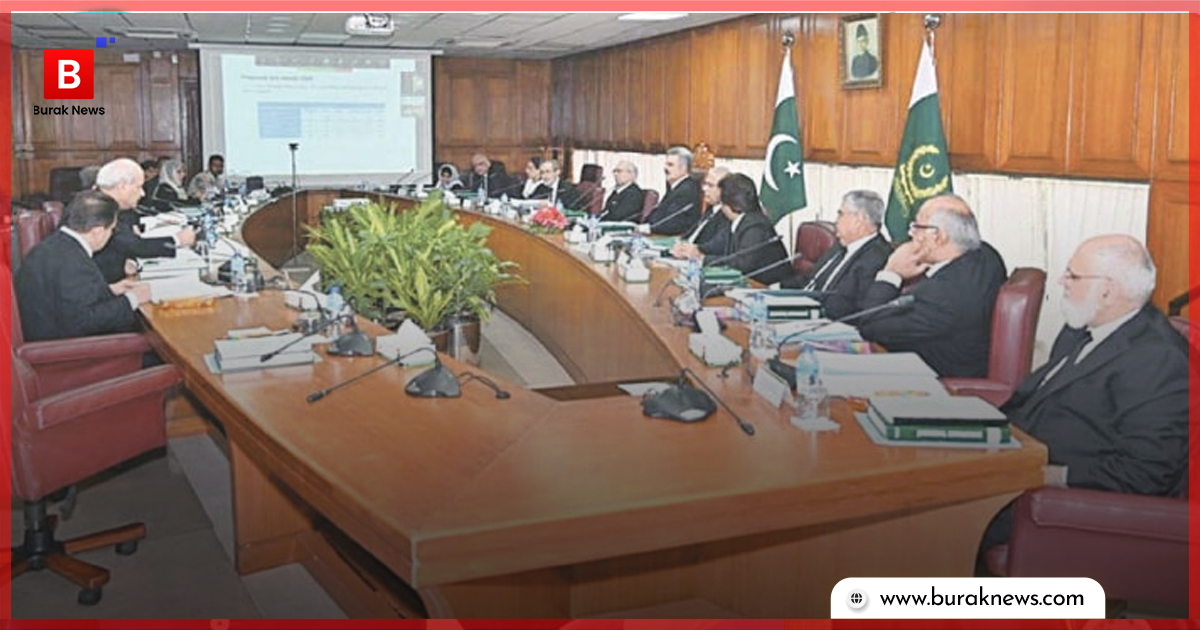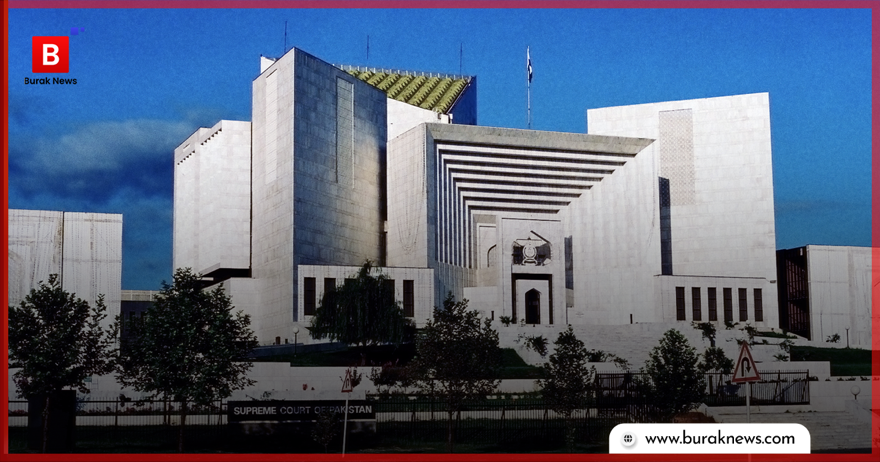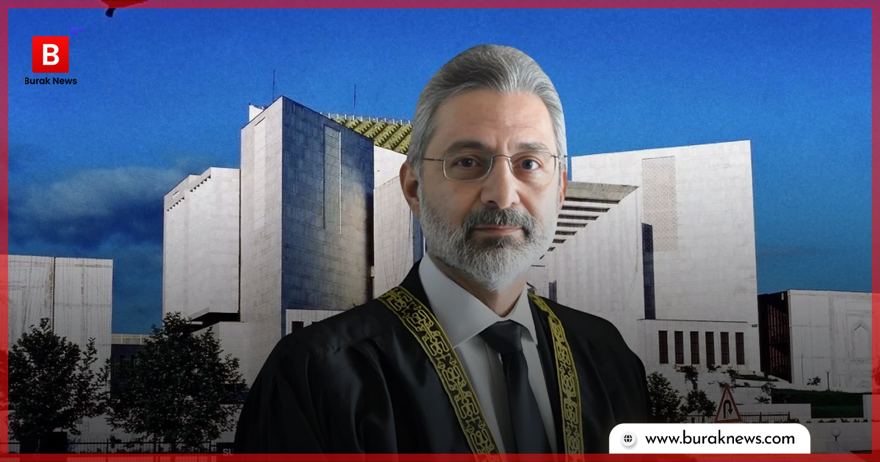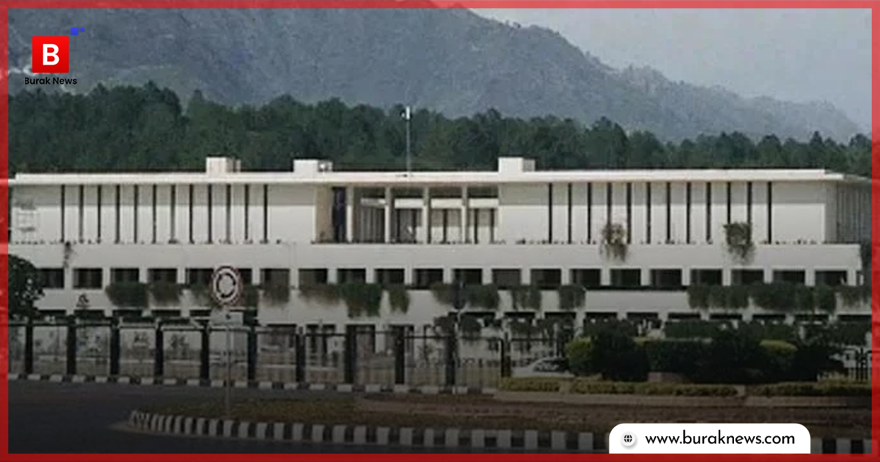SC adopts Justice Mansoor Ali Shah’s plan to tackle case backlog

The Supreme Court’s full court meeting on Monday approved the Case Management Plan 2023, developed by senior puisne judge Justice Syed Mansoor Ali Shah, as a strategy to address the growing backlog of cases.
Chaired by Chief Justice of Pakistan (CJP) Yahya Afridi, the meeting assessed an initial one-month case management initiative based on Justice Shah’s plan, which sets clear standards and utilizes information technology to streamline case handling. All Supreme Court judges attended, with Justice Mansoor Shah joining remotely from abroad.
The meeting’s objective was to review the court’s efficiency in case initiation and resolution, focusing on reducing backlog and enhancing judicial productivity. Registrar Jazeela Aslam presented a detailed overview of the pending caseload and outlined steps to facilitate timely case disposal.
The registrar reported a current backlog of 59,191 cases and introduced the one-month plan aligned with Justice Shah’s Case Management Plan 2023, which aims to improve case handling through standardization and tech integration across various case categories.
In discussing the plan, judges examined strategies to achieve its objectives. To speed-up case resolutions, criminal and civil cases were assigned to specialized two and three-member benches.
The judges reinforced their commitment to addressing case backlogs while providing additional feedback and suggestions to further improve the system.
While expressing appreciation to all judges for their commitment to fully implement the case management plan, CJP Afridi said the progress to be reviewed in a follow-up full court meeting on December 2.
CJP Afridi since taking office has established a three-judge committee under the Supreme Court (Practice and Procedure) Act, including Justices Syed Mansoor Ali Shah and Munib Akhtar, formed under Section 2 (1) of the SCPPA as amended by Ordinance No. VIII of 2024.
Furthermore, CJP Afridi scheduled a meeting with the administrative judges of Anti-Terrorism Courts (ATCs) for November 7 in the Supreme Court, along with progress reports. Additionally, a meeting of the Supreme Judicial Council (SJC) is set for November 8.
To enhance transparency, CJP Afridi directed the extension of live-streaming services to additional Supreme Court courtrooms, with plans to implement this across all courtrooms, pending required approvals and resources.




